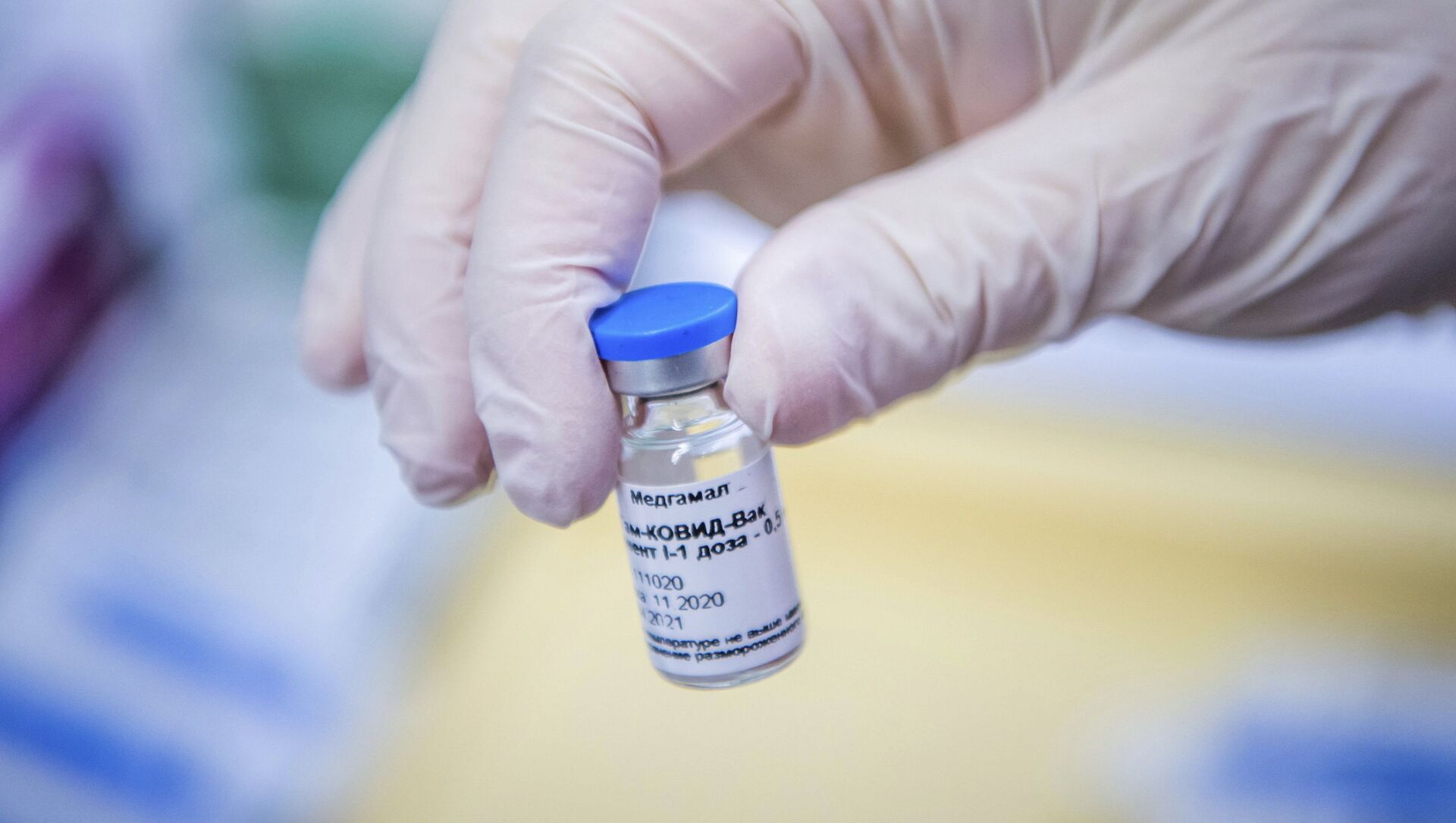Last week, a group of US scientists published a preprint report on the medical portal medRxiv that's yet to be peer reviewed. The paper says the Russian vaccine is less effective against the South African variant of COVID-19 compared to other variants.
Still, according to paper, the Sputnik V vaccine has proven itself to be the most efficient in neutralising various COVID-19 strains. Its effectiveness versus the most problematic South African strain is noticeably higher than the Pfizer vaccine, according to the report's findings. Even then, the data from the article shows that Sputnik V offers protection against serious cases of the South African strain, just like it does for other COVID-19 variants.
"According to this article, the Sputnik V vaccine has proved to be the most effective vaccine in terms of neutralising the activity of various strains — the level of resistance to the most problematic South African variant was higher than that of Pfizer. When it comes to the UK variant, which is the most prevalent in Europe at the moment, no notable decrease in its ability to neutralise the virus has been detected," the source said.
The Russian scientist close to the Gamaleya Research Institute also noted that the report has not yet been peer reviewed, adding that one of the three main authors of the article has a clear conflict of interest, as he's a member of the advisory board of Pfizer/BioNtech on coronavirus variants.
"Only in an additional test [in which not a live SARS-Cov-2 coronavirus but a surrogate vesicular stomatitis virus was used], the authors of the preprint were able to see the difference, which was not in favour of Sputnik V, in relation to the South African variant," the source added, calling the conclusions made in the report "weak," as it's impossible to extend the data of a surrogate test to a real situation with the SARS-CoV-2 virus "without significant reservations."
He also said it's strange that Pfizer consultants didn’t provide data from the Pfizer vaccine itself in the same test. "Given the scientific scrupulousness in presenting the data, it is impossible to believe that it’s been done incidentally," the source continued.
The scientist, however, concluded that "we'd also like to thank the article's authors. Their independent high opinion has once again proved the validity of the data that had already been published, as well as Sputnik V’s efficacy."
Russia's Sputnik V — the world's first coronavirus vaccine, registered in August 2020 — has since been approved in 59 countries, becoming the second most-approved vax in the world. According to The Lancet, a peer reviewed medical journal, it has. a 91.6 percent efficacy against symptomatic COVID-19 cases.
The source added that the Gamaleya institute will publish the results of its own research on the efficacy against the South African strain in a peer reviewed scientific journal in May. These studies will be based on a sample size much larger than the 12 individuals used by American scientists.




